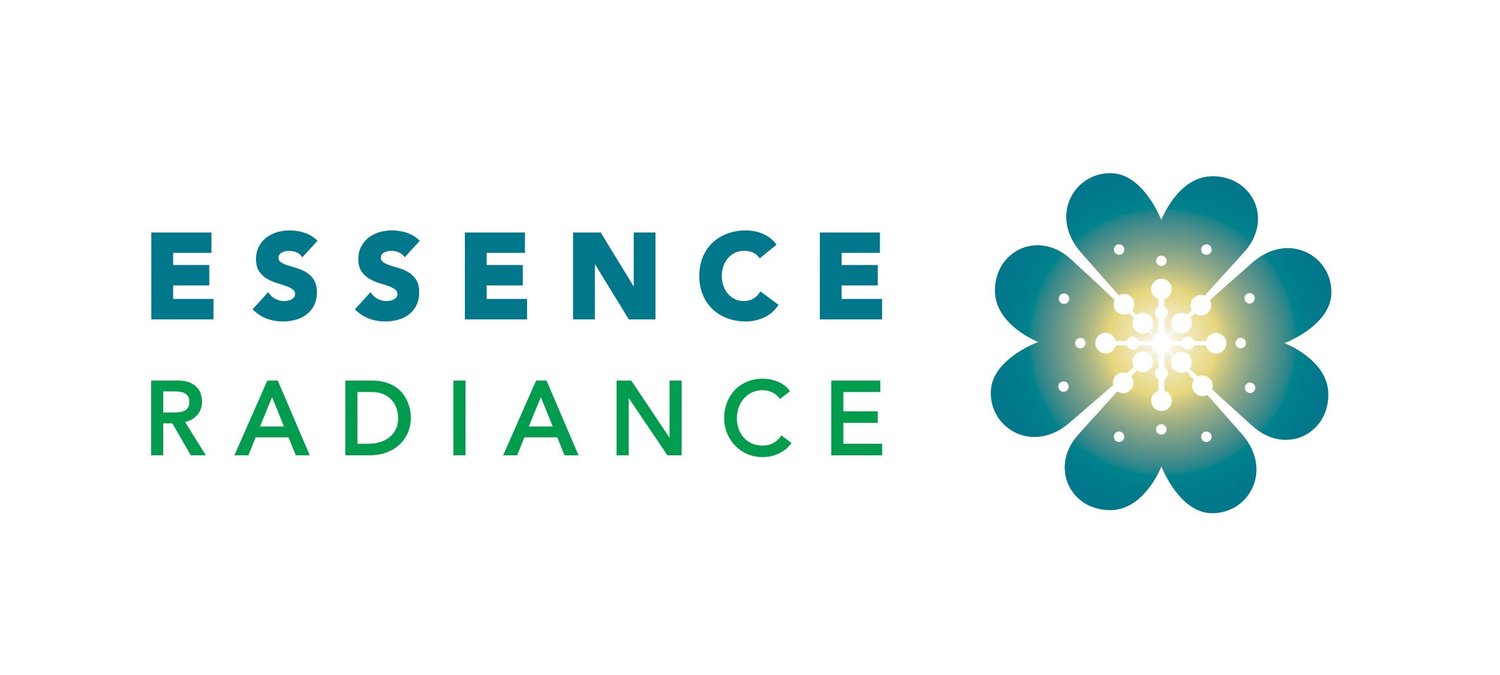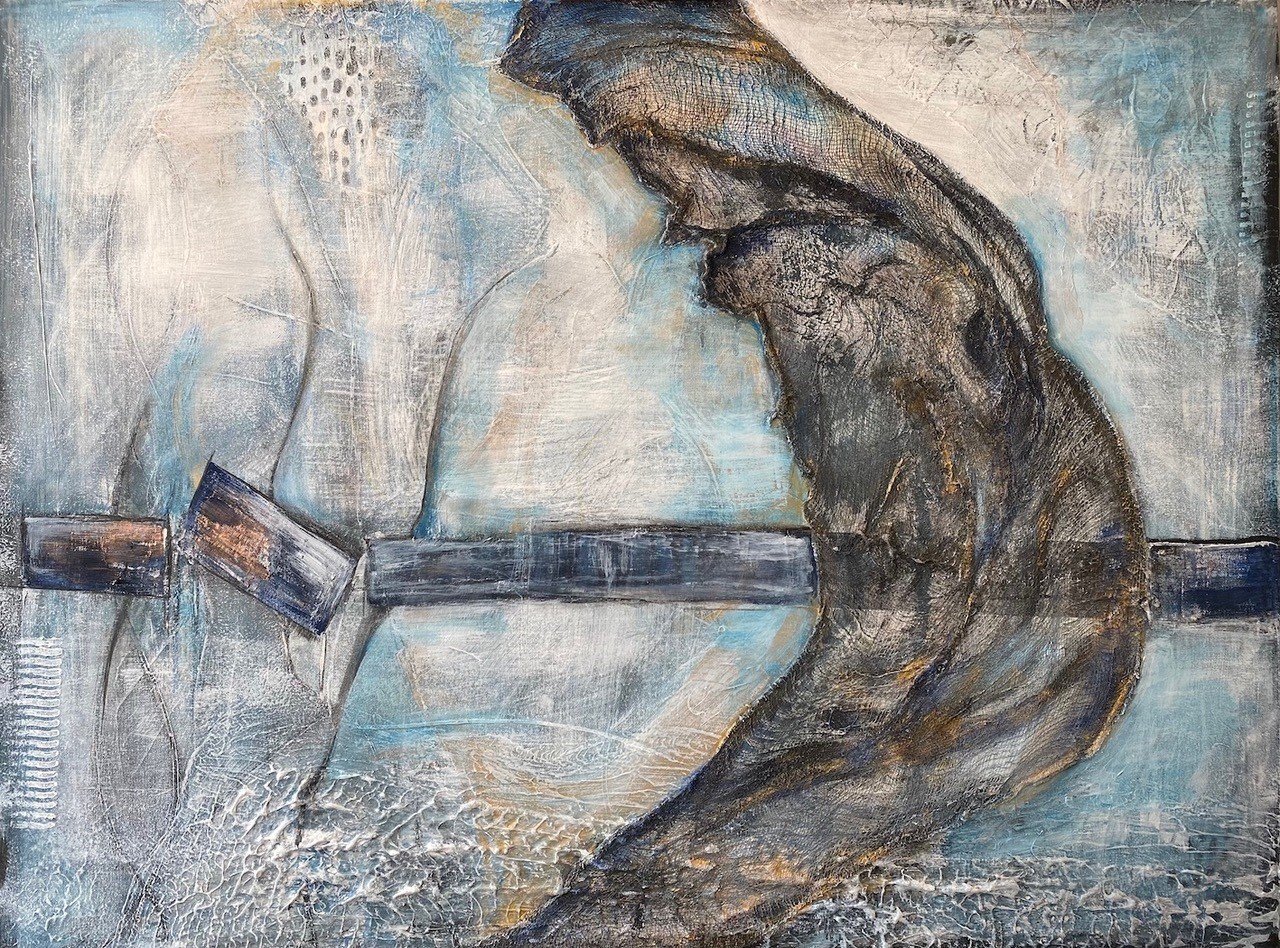B: What made you come to your first Kinesiology session?
M: I had a good friend who was studying Kinesiology and it sounded really interesting, and so I dabbled a bit. But what really made me commit to regular Kinesiology sessions was the fact that it works. And when I say it works, it has helped me feel more balanced. It helped me be more aware of what I wanted and needed, especially when I was a new mother and struggling with young kids.
B: What made you continue coming to sessions?
M: First of all, I think it was about simply taking the time to think about what I wanted and needed. So even that was a big step when the kids were really little. The next step was having someone guiding me, helping me find out what I wanted without having to wade through all of the other crap. So it was, yeah, having someone to guide me through that process and narrow in on what I needed.
B: In general, what do you think stops us from having clarity about what we need and want? What do you think was your major block?
M: Putting other people's needs and wants before my own, being responsible for the family and having their needs clouding my ability to see my own needs and to prioritise them.
B: And do you think you’ve made progress with that?
M: Oh, yeah. I can remember how I used to approach it. Which was with a lot of kind of feelings of selfishness and having to justify everything to myself to try and get me to give myself permission to do what I wanted. And sometimes I slip back into that, especially for the bigger tasks, but most of the time, I just think, what do I need? And then I set about working out how to do it.
B: Nice. Can you identify what changed to enable you to do that? Was there a knowing or a revelation that helped you?
M: It hasn’t really been one knowing or one revelation. Because not putting my needs first was so tied up in lots of different parts of my life, like money, attitudes to family and attitudes to success, and all the rest of it. But there's been lots of little, actually they're not little, lots of steps along the way that have added up to a big change.
B: So, let’s explore this. Originally you came to sessions to get help with connecting with your needs and wants when you're raising a young family. But what do you think you’ve ended up getting on your journey of using Energy Coaching/Kinesiology?
M: Ahh, I think it is wisdom. And being able to access my own wisdom rather than constantly absorbing other people's.
But also, my journey has taken me from wanting to simply stay sane while raising a young family, to really making me work out what I want to do in life, to know what my purpose is. And so, what that looks like, is actually committing and putting the necessary time and commitment into my writing and into building a life that I love, to finding my people, to using my creativity and to enjoying my love of the outdoors…to making a commitment to all these other things that are important to me, as well as my family.
B: You are a writer. Let's talk a bit about how our work together has helped you, assuming it has (LOL). How have energy coaching sessions helped you in your career as a writer?
M: I had a lot of impostor syndrome, and a lot of underlying beliefs that things are only worth doing if they make money. I saw writing like it was indulgent, and kind of like a hobby, rather than a proper career. One of the main things that the sessions have helped me do is let go of these beliefs and actually commit to writing as something that's important to me. And allowing myself to put more time into it and to enjoy the process rather than feeling guilty about it and that it’s not a “proper job”.
B: What do you feel has allowed you to do that, to embrace your ‘proper job’ and embrace your purpose? What realisation gave you the green light to overcome your imposter syndrome?
M: Well, there's a couple, but one of the realisations is that even when my job is not making money, I'm learning a lot. And I'm enjoying the process. And that's worth it. Yeah, and then the other realisation was that unless I embraced it, committed to it and recognised it as something that's important to me – it was never going to go anywhere. I have to allow it, I have to give time for it, so it can become something. I don’t feel like an imposter when I am just allowing myself the time to explore and learn, and to enjoy the process.
B: Wow, I like that. What are some of the things you've been able to achieve?
M: Well, I am writing a book, which is exciting. And I started a newsletter, which I'm really enjoying doing. And the two are kind of intertwined. Also, I have stopped writing things purely because I think there's a market for these topics and instead I’ve just focused on writing things that I’m actually really interested in and that I want to write. So, what I've started writing about has changed. And that opens up lots of conversations and connections with people and writers, and editors.
B: How good. So, now that you've given yourself permission to write about things that you want to write about versus things that you think you should write about, what is that? Tell us!
M: Well, I love writing about interesting people who are doing things that that are outside the norm, whether that's as an adventure or in business. I bring together lots of things that I love and I like writing about things that tie lots of different ideas together. Like bringing together the outdoors, and interesting people who are following their own path. I am curious about what happens when people connect with other people and other things to become something bigger and better than they would have been otherwise.
For example, I wrote a piece about a small Victorian town that is one of the best traditional rock-climbing areas in the world and how the town having these climbers there has changed the town to one that's full of creativity and is kind of a bit alternative, having their own fringe festival that is huge, despite the small population. So, I like pulling together the stories of interesting places, interesting people, and the things that they love doing in a kind of unusual way.
B: Yeah, that's awesome. So, would you say that you’re inspired by people that are following their own path?
M: Yeah, definitely. And I'm drawn to it or interested in it because the people are fascinating and what they're doing is amazing. But also, I think, because it's something I've struggled with doing myself.
B: Yes. That's so cool. And so, has writing about these people inspired you to follow your own path?
M: Yeah. I mean, it's reinforcing it right. And it also shows you how you can be whatever you can imagine. So, when you read examples of other people's lives, you can see how they've done it, how they’ve followed their own path, even if it's entirely different from your own. But when you can see that they’ve done it, you can see that it’s something that's possible.
B: So cool. And so, you mentioned that the sessions have helped you tap into your wisdom. From the wisdom that you've unearthed, and I know there's probably a lot, but is there a key nugget of wisdom that you have learned on your journey?
M: Yeah, I think the key thing I've worked out is that you only get one life. Although that’s probably debatable. LOL.
B: Spoken like a true multi-tasker.
M: So, let’s say you only get one life and you don't know what's going to happen. You may as well enjoy what you're doing now. Because that's what you've got. And you can make it as good as you can right now, cramming it full of things that you know bring you joy, happiness, purpose and meaning and all the other good stuff. Make your life your own.
B: What a nugget! What is your book about?
M: Well, my book is about that. It's an exploration of how to make your life better not by destroying what you've got now, and not by jumping into someone else's life, but by making the life that you've already built or created even better by paying more attention to what brings you joy, and then getting more of that in there. And also, along the way, working out what's stopping you from doing that so you can combat it. And I’ve just recently come up with the name of Life Craft.
B: Oh, I love it.
M: You can have bushcraft, why can't you have life craft?
B: Yeah, absolutely. So good. I love the word ‘craft’ because it summarises how life is always a work in progress, getting out of perfectionism.
M: Yeah. It's also not just drifting through life but taking what you've got and making something of it.
B: Yeah. And with crafting there is patience and attention to detail, and stripping away what's not working, and refining what does.
M: Yes, I think crafting a life is the ultimate creative act.












